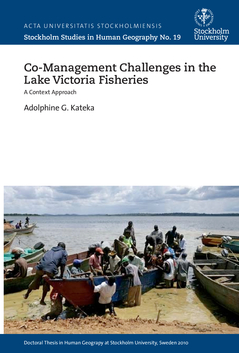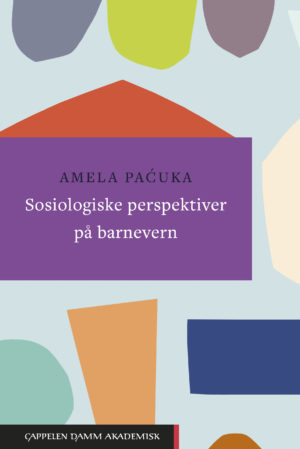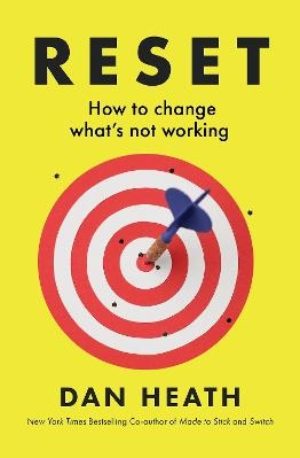Why is co-management underperforming in the Lake Victoria fisheries? Co-management was adopted in the Lake Victoria fisheries on the understanding that it has the capacity to provide space in which the poor resource users could be empowered to manage their resource base. The belief was that through co-management, equity in resource access and sustainability could be achieved. However, in spite of these efforts, illegal fishing and poverty in Lake Victoria remain a threat to the long-term sustainability of the fishery. Using the fishing communities of Bukoba Rural district, Tanzania as a case study, the thesis challenges the simplistic approach towards co-management and draws attention to the fact that the international and national politics behind the Nile perch and the cultural and social context in which co-management is implemented are to a large extent shaping its performance. Using the context approach and drawing on the concept of multi-level governance and a variety of research methods, the study concludes that the international and national politics in natural resources and community level conflicts over values and resource rights are negatively impacting co-management performance in Lake Victoria. Adolphine G. Kateka is a researcher at the Department of Human Geography, Stockholm University and at Södertörn University, Department of Life Sciences. This work is her doctoral dissertation.







